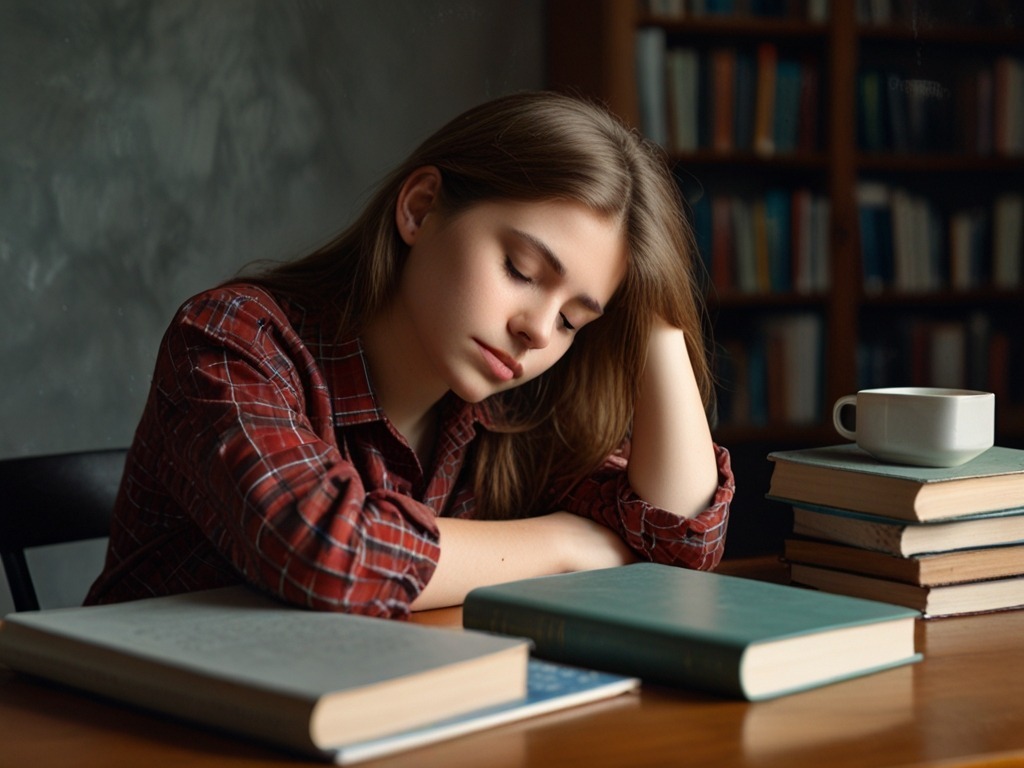Research on sleep paralysis often focuses on students. A new study by psychologist Michael Spano was presented in his master’s thesis. A survey was distributed through social media, and responses were collected from 336 students. The author wanted to analyze sleep quality, general habits, and other possible triggers of sleep paralysis. The following potential causes emerged:
1. Age (the younger the person, the higher the probability of sleep paralysis).
2. Habit of napping.
3. Living in a quiet area.
4. Frequent consumption of coffee at any time of day.
5. A night owl lifestyle (i.e., going to bed late and waking up late).
Meanwhile, the number of people sleeping in one room, the presence of a family, smoking, and alcohol consumption did not affect sleep paralysis. It was also impossible to check the potential influence of psychoactive substances. Interestingly, in a recent article, the author noted the impact of alcoholic beverages on sleep paralysis, while caffeine was not included in the list of significant factors.
Have you noticed that changing your habits affects sleep paralysis?
The thesis was published in May 2024 on Harvard University’s website.
Get all the latest news about lucid dreams via our channels on Telegram, Facebook, Twitter




